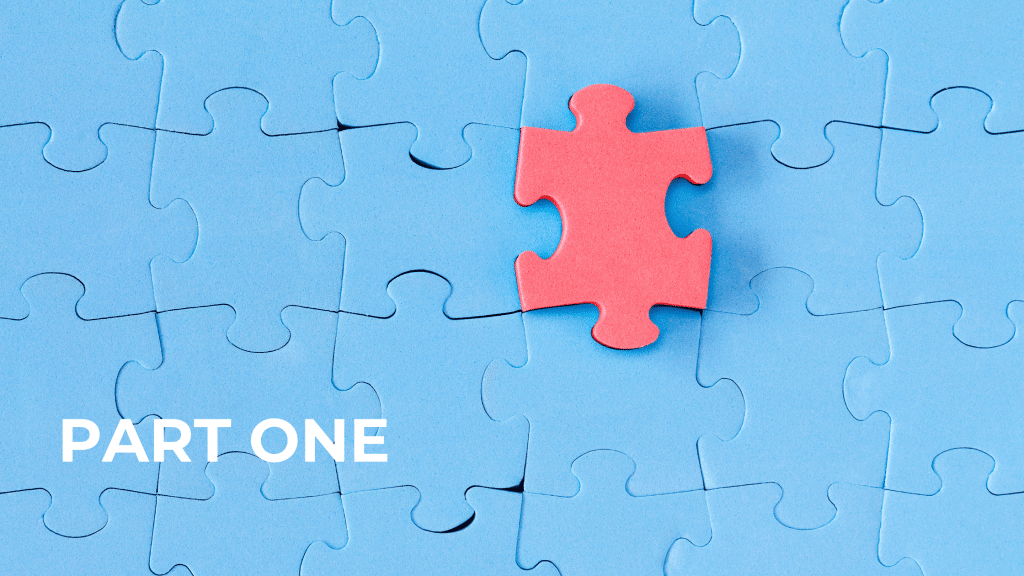My son recently helped me remember that when you’re overwhelmed by complexity, seeking support from others is a strength rather than a weakness.
The state of his room has long been a bone of contention. He’s a young adult, so we expect him to tidy and clean it himself. We’ve had many conversations over the years explaining why the order of those two activities is important – you need to tidy before you can clean.
However, he comes unstuck because he’s neurodivergent. Put him on a racetrack on a fast bike and he’s laser-focused but set him to tidy his room and his attention span is like 10-second Tom in the Adam Sandler movie “50 First Dates”.
Apart from needing a very good clean, his room was a complex mix of memorabilia and paraphernalia ranging across his entire lifespan from the nursery to finishing his apprenticeship, books from primary school to young adult fiction and hobbies like model making, and riding dirt and road bikes. It was a huge, complex, dusty mess where we used to wash the clothes that no longer fitted in the cupboard just in case they were dirty.
He finally admitted it was beyond him and that he needed help. He knew he had a clothes storage problem making things worse but didn’t know where to start.
Taking that first step and asking for help was not a sign of weakness. It took courage and enabled him to tap into different perspectives about how he could reorganise his room and access new resources so he could keep the room tidy, and maybe even clean it.
Asking for help immediately reduced his stress and anxiety, and he was able to make more progress in one weekend than he had in five years.
Asking for support is like building a bridge – it helps you cross the divide and reach your destination faster and more safely.

Even former United States President Barack Obama says, “Asking for help isn’t a sign of weakness, it’s a sign of strength.”
A study by Sengupta et al. reported in the Harvard Business Review explained how one leading provider of corporate software recognised the learning gaps for their most senior staff and now encourages cognitive feedback in its development projects. Being more mindful of how a complex situation is playing out and asking for support from others can help you stay open-minded, flexible, and adaptable.
Cognitive feedback helps with monitoring and evaluating your thoughts, beliefs and behaviours so you can adjust them when required. It helps you identify and challenge your cognitive biases to avoid getting stuck in unproductive patterns of thinking and behaviour.
Better still, cognitive feedback helps you continually learn and grow.
That was certainly the case at the software company where cognitive feedback helped them reduce the proportion of problem projects by 56% in three years.
So, next time you’re feeling overwhelmed:
- Practice mindfulness and pay attention to the present moment without judgement.
- Eliminate unnecessary distractions, then prioritise, simplify and break complex tasks into smaller, more manageable tasks.
- Seek social support to get some fresh perspectives and help you stay on track.
We’ve now experienced the longest-ever run of my son making his bed before he leaves in the morning.
My son told me the biggest difference was having someone who walked beside him without judgement. Someone who helped him stay focused while suggesting different possible options.
P.S. I’ve shared this with my son’s permission. I think it was because I made mention of his bike riding.







